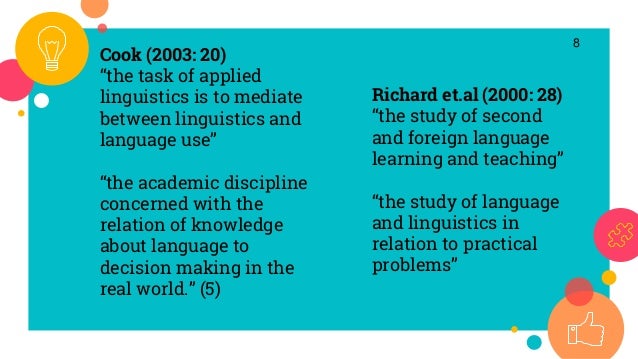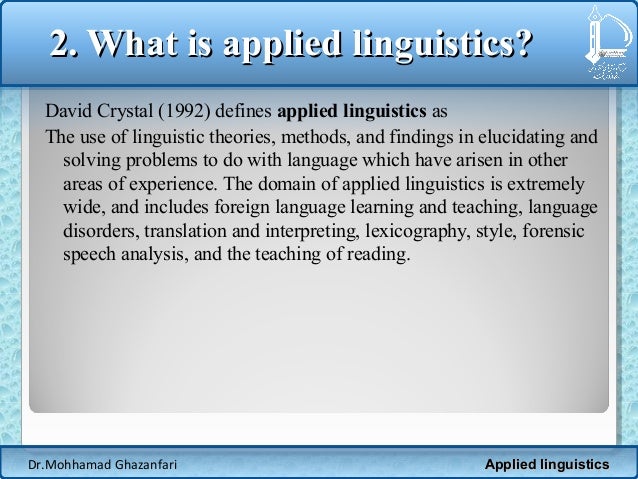
Historical Linguistics Britannica
The modern field of linguistics dates from the beginning of the 19th century. while ancient india and greece had a remarkable grammatical tradition, throughout most of history linguistics had been the province of philosophy, rhetoric, and literary analysis to try to figure out how human language works. but in 1786, an amazing discovery was made: there are regular sound correspondences among. Historical linguistics, also called diachronic linguistics, the branch of linguistics concerned with the study of phonological, grammatical, and semantic changes, the reconstruction of earlier stages of languages, and the discovery and application of the methods by which genetic relationships among languages can be demonstrated. See full list on linguisticsociety. org. Historical linguisticstraditionally known as philologyis concerned with the development of a language or of languages over time. godong / getty images historical linguisticstraditionally known as philologyis the branch of linguistics co.
Fear about what the coronavirus might do to our economy is hurting it already. learn more about economic crises past, how we slipped into them, and ultimately how we recovered from them. Harris, randy a. 1993. the linguistics wars. oxford: oxford university press. lepschy, giulio c. 1972. a survey of structural linguistics. london: faber and faber. newmeyer, frederick j. 1986. the politics of linguistics. chicago: university of chicago press. robins, r. h. 1979. a short history of linguistics. london: longman. 2nd edn.
Johns hopkins medicine has a rich history rooted in philanthropy, diversity, inclusion and a passion for innovation. we continue to monitor covid-19 cases in our area and providers will notify you if there are scheduling changes. please con. Language language linguistic change: every language has a history, and, as in the rest of human culture, changes are constantly taking place in the course of the learned transmission of a language from one generation to another. this is just part of the difference between human culture and animal behaviour. languages change in all their aspects, in their pronunciation, word forms, syntax. Evolutionary linguistics or darwinian linguistics is a sociobiological approach to the study of language. [1] [2] evolutionary linguists consider linguistics as a subfield of evolutionary biology and evolutionary psychology.
Linguistics Science Britannica
Linguistic definition, of or belonging to language: linguistic change. see more. The linguistic turn was a major development in western philosophy during the early 20th century, the most important characteristic of which is the focusing of philosophy linguistic history definition and the other humanities primarily on the relations between language, language users, and the world.
Historical linguistics wikipedia.
Find what does a linguist do. search for relevant results here! find what does a linguist do. linguistic history definition get more results out of your search!. The history of modern linguistics. by frederick j. newmeyer. the modern field of linguistics dates from the beginning of the 19th century. while ancient india and greece had a remarkable grammatical tradition, throughout most of history linguistics had been the province of philosophy, rhetoric, and literary analysis to try to figure out how human language works. Think you know everything there is to know about history? think again. you probably know the stuff that was in your high school and college history books, but those teachers didnt teach you everything. they actually left some of the good s. History of linguistics has contributed also to the general history of ideas. still, scholars have often interpreted the past based on modern linguistic thought, distorting how matters were seen in their own time. it is not possible to understand developments in linguistics without taking into account their historical and cultural contexts.

More Relevant

Top 10 Listings
Linguistic definition of linguistic at dictionary. com.


Neurolinguistics is the study of the neural mechanisms in the human brain that control the comprehension, production, and acquisition of language. as an interdisciplinary field, neurolinguistics draws methods and theories from fields such as neuroscience, linguistics, cognitive science, communication disorders and neuropsychology. In linguistics, a synchronic analysis is one that views linguistic phenomena only at a given time, usually the present, but a synchronic analysis of a historical language form is also possible. it may be distinguished from diachronic, which regards a phenomenon in terms of developments through time. diachronic analysis is the main concern of historical linguistics; however, most other branches. Translation and definition "linguistic history", dictionary english-english online. linguistic history. example sentences with "linguistic history", translation memory. wikimatrix. havrnek was a leading proponent of european structuralism, but also wor.
Any analysis of language, including 8th-grade grammar, can be called linguistics. as recently as 200 years ago, ordinary grammar was about the only kind of linguistics there was. today a linguist may be a person who learns foreign languages, but the term usually refers to people who devote themselves to analyzing the structure of language. Linguistic turn. the expression linguistic turn can be seen as a shorthand for the impact of the focus on the relationship between philosophy and language, which began to be significant in the early 20th century. this has challenged the traditional tenets of historical objectivity, which assume that there is a real past which can be described. Historical linguistics traditionally known as philologyis the branch of linguistics concerned with the development of languages over time (where linguistics usually looks at one language at a time, philology looks at them all).
Linguistic anthropology is the interdisciplinary study of the role of languages in the social lives of individuals and communities. morsa images / getty images linguistic history definition if you have ever heard the term "linguistic anthropology," you might be able to. At the beginning of the 20th century, attention shifted to the fact that not only language change, but language structure as well, is systematic and governed by regular rules and principles. the attention of the worlds linguists turned more and more to the study of grammarin the technical sense of the term the organization of the sound system of a language and the internal structure of its words and sentences. by the 1920s, the program of structural linguistics, inspired in large part by
Mar 12, 2020 historical linguistics traditionally known as philologyis the branch of linguistics concerned with the development of languages over time (where linguistics usually looks at one language at a time, philology looks at them all). Linguistics is the scientific study of language. it involves an analysis of language form, language meaning, and language in context.. linguistics began to be studied systematically by the indian scholar pnini in the 6th century bce.
0 komentar:
Posting Komentar